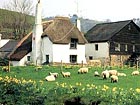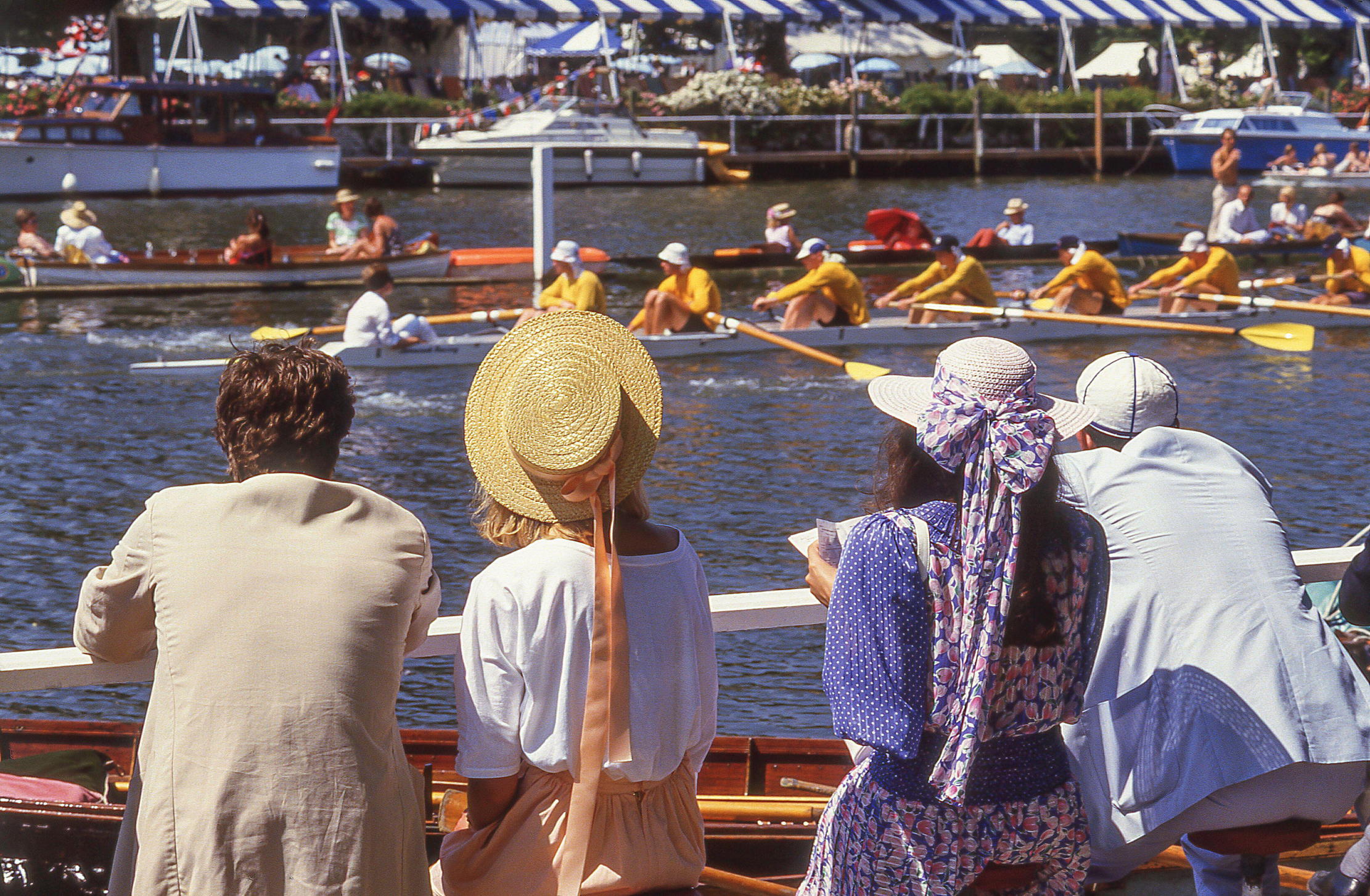Problems with Crossing Commons
The House of Lords recently overturned a ruling in favour of the villagers of Newtown in Hampshire, enabling them to continue accessing their property over privately owned land. Could this set a precedent for future squabbles of access rights?


Thursday, April 22 2004 Well documented in the national press earlier this month was the surprising u-turn in fortunes of some 43 villagers of Newtown in Hampshire. Faced with a demand for payment by the new landowner, for driving across a common to access their properties, they appealed to the Court of Appeal who ruled against them, finding in favour of the landowner. The case then went to the House of Lords, who, in what was described as a 'landmark victory' for the villagers, found in favour of the villagers and ordered the landowner to pay legal costs incurred by the residents. As common land makes up approximately 4% of the total land area in England, this ruling precedence that this case has set could reverberate throughout the rural community when an issue of access rights has caused problems in the past. 'The common misconception that people can make is thinking that common land is publicly owned. The fact is that most common land is actually owned by individuals,' explains Stefan Bainbridge, a solicitor with the Newcastle firm Dickinson Dees. The problem for the villagers of Newtown dated back to the 1925 Law of Property Act which stated that anyone driving over common land without consent is committing a criminal offence. Upholding this, the Court of Appeal said that the villagers were regularly committing offences. Few were surprised when the Court of Appeal ruled in favour of the landowner, as a case demonstrated in 1993, Hanning v Top Deck Travel Group Ltd, when they held that it was not possible to acquire vehicular rights of way by long use over common land because the law made driving over common land 'without lawful authority' a criminal offence. Top Deck Travel Ltd had been accessing their farm, where they repaired buses, over a piece of common land. Their lawyers argued that they had a prescriptive right, as a result of 20 years of continuous use. The Court of Appeal argued that an easement couldn't arise from persons committing a criminal offence. The 1993 decision led to a number of companies and trusts exploiting the situation by buying up common land to essentially be in a position to extract payments from homeowners. The legal uncertainties involved with access rights over commons were thought to have been ironed out in the Countryside and Rights of Way Act (2000) which enabled those without a right to drive over the common to have a vehicular right to access their hoes, subject to conditions, in return for compensation. ' This was a compromise,' explains Mr Bainbridge. 'It didn't give homeowners carte blanche to get easements, they had to serve notice on landowners and then pay compensation, a percentage of the value of the property which depended on the age of the property. 'The interesting thing is that, despite CROW being relatively new legislation, the Bakewell Management case (owners of the common at Newtown in Hampshire) has turned this on its head.' The law lords decided that before the 1993 decision, 20 years of continued use would have entitled the property owner to a right of way. They ruled that this should still be the case - that the acquisition of property rights should not be prevented by conduct which was only criminal in that there was no lawful authority for it. 'The Lords acted logically,' says Mr Bainbridge. 'Provided there is a prescriptive right to access, the fact that the document might have been lost is not important. The Lords decided that the householders use of the land by driving across it had more in common with a civil law 'tort' than a criminal act.' This decision benefits not only those driving over the common but also those driving over other land such as the town or village green. Lawyers are anticipating that individuals, such as the some of the residents of Newtown, who have already paid for the right of access, to consider reclaiming the money, arguing that compensation was paid on a mistake of the law.
Sign up for the Country Life Newsletter
Exquisite houses, the beauty of Nature, and how to get the most from your life, straight to your inbox.
Country Life is unlike any other magazine: the only glossy weekly on the newsstand and the only magazine that has been guest-edited by HRH The King not once, but twice. It is a celebration of modern rural life and all its diverse joys and pleasures — that was first published in Queen Victoria's Diamond Jubilee year. Our eclectic mixture of witty and informative content — from the most up-to-date property news and commentary and a coveted glimpse inside some of the UK's best houses and gardens, to gardening, the arts and interior design, written by experts in their field — still cannot be found in print or online, anywhere else.
-
 380 acres and 90 bedrooms on the £25m private island being sold by one of Britain's top music producers
380 acres and 90 bedrooms on the £25m private island being sold by one of Britain's top music producersStormzy, Rihanna and the Rolling Stones are just a part of the story at Osea Island, a dot on the map in the seas off Essex.
By Lotte Brundle
-
 'A delicious chance to step back in time and bask in the best of Britain': An insider's guide to The Season
'A delicious chance to step back in time and bask in the best of Britain': An insider's guide to The SeasonHere's how to navigate this summer's top events in style, from those who know best.
By Madeleine Silver